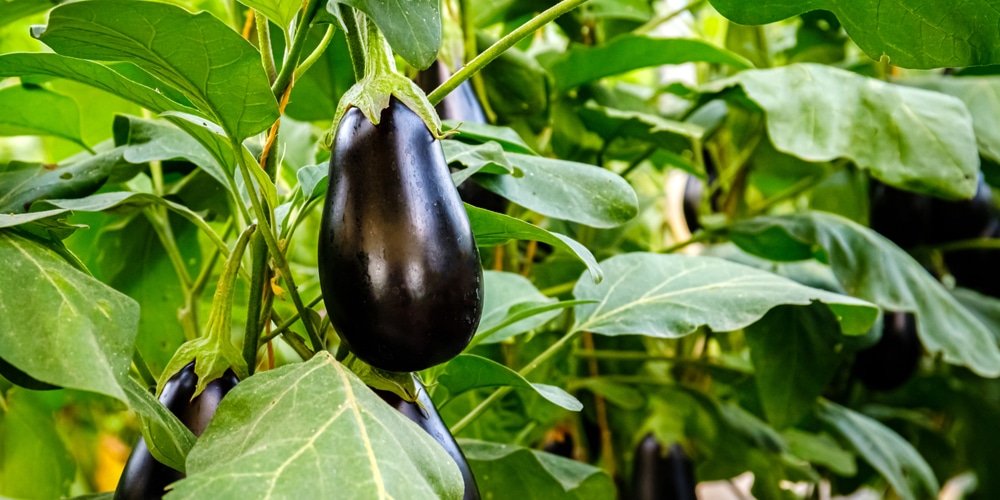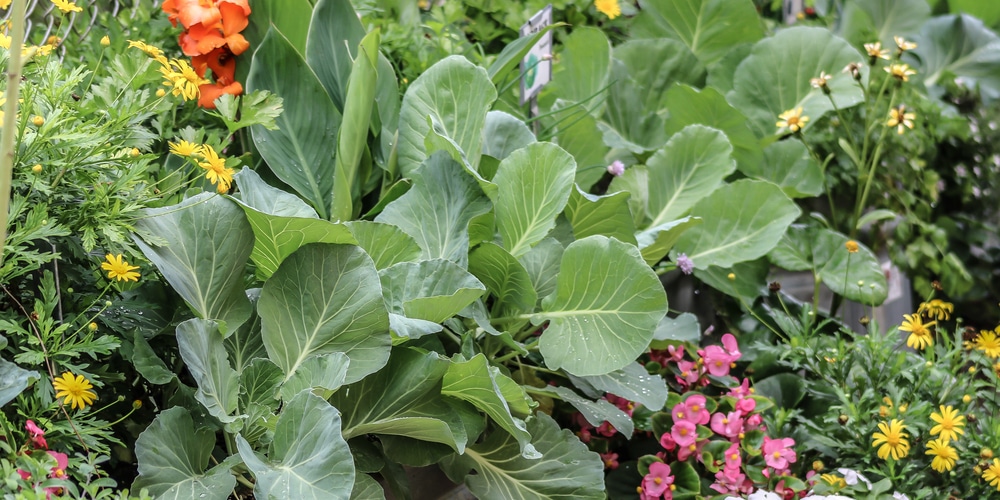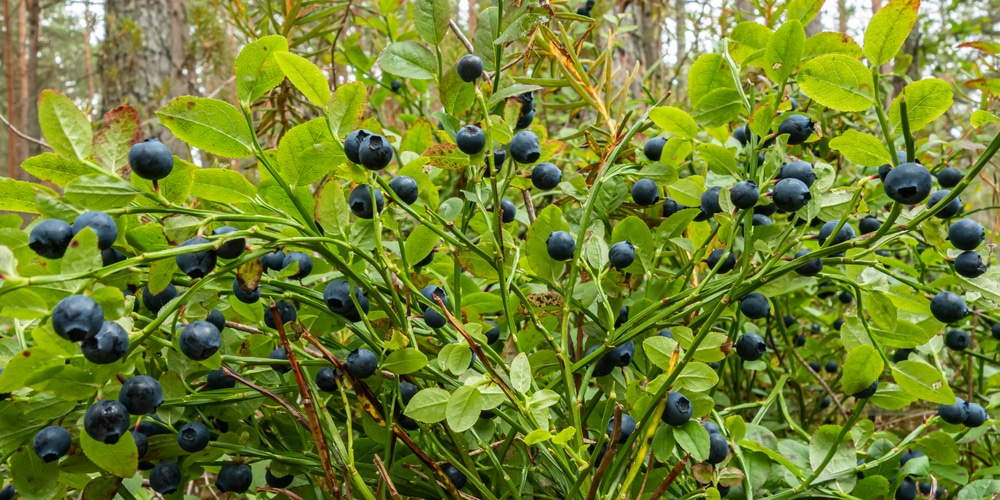Blueberries are fun plants to add to your garden, provided that you ensure they get what they need to survive and thrive. Because of their soil requirements, you might spend some time before creating the ideal conditions for this plant.
While it is possible to acidify the soil by adding sulfur, another option is to interplant species. Some varieties can help you achieve optimal soil conditions, repel pests, and protect your crops.
However, due to the blueberry’s acidic preferences, some plants are not a good choice. To learn about “bad” blueberry companion plants, keep reading our essential guide.
What NOT To Plant Around Blueberries
While you don’t have to plant anything to have your blueberries thriving, adding companion plants might help you increase yield and provide your plant with more nutrients and support.
However, there are some problems you must avoid to prevent causing damage instead of bringing benefit to the growth of your blueberries.
Don’t Throw Shade
For starters, you’ll want to avoid planting species that will shade your bushes. Blueberries need a good amount of sunlight every day to grow healthy and produce juicy berries. Because many plants can grow taller than blueberry bushes, you’ll want to make sure you don’t plant anything that might deprive your plant of precious sunlight.
For instance, avoid tomatoes and eggplants and (of course) any tree or edge plant. While tomatoes thrive in slightly acidic soils, they will deprive your blueberry bushes of nutrients and sun.
Planting eggplants near blueberries is also a bad idea because of their high-maintenance needs, which may require extra effort on your side.
Don’t Plant Plants that Have a Different Diet
Additionally, make sure you do not plant anything with different nutritional requirements around your blueberry bushes. Plants that are heavy feeders could harm your bushes.
Also, because of blueberries’ organic material requirements, you’ll want to avoid planting species that require heavy fertilization.
For instance, cabbage and beets are bad companions to blueberries. They will compete with the bushes for nutrients and attract harmful pests (such as cabbage moths, worms, and cucumber beetles) that will feed on your berries.
The same applies to asparagus, broccoli, celery, onion, and turnips.
Don’t Plant Blueberries with High Alkaline Plants
Finally, you must ensure you don’t plant anything around blueberries that need alkaline soil. Indeed, blueberry plants thrive in acidic soil conditions (between 4 and 5.5 in pH) and won’t grow effectively at higher pH levels.
Planting a plant with alkaline requirements near them can be detrimental to both plants’ health. Most plants prefer pH between 6 and 7, so finding the appropriate companion plant can be challenging.
In general, avoid planting artichokes, beans, chives, fennel, lettuce, peas, spinach, and watermelon near your blueberries.
More About Companion Plants
Blueberries are known to grow slowly. You may have to wait up to three years before you start getting some harvest from the plant. However, it is without a doubt a plant you should consider including in your garden.
Not only because it can provide you with healthy fruits rich in antioxidants, but also because its bushes look wonderful when blooming.
Finding the appropriate companion plant can be more challenging than you think. You may have to experiment with different plants and wait sometime before getting some benefits.
However, blueberry bushes are the ideal companion to many crops. They are naturally resistant to most pests and can create some shades for sun-sensitive plants. Still, choosing a bad companion for your blueberry plant might make all your efforts worthless.
The inappropriate plant might cause deficient growth and reduce the chances of getting high-yield harvests. For these reasons, you’ll want to make sure you avoid planting your blueberry bush near one “bad companion.”
Bad Blueberry Companion Plants: Conclusion
Make sure you also learn what plants can help you grow a healthy and more productive blueberry. After all, there is a reason why so many gardens are so into companion planting. This technique can help enhance the soil and help your plants grow faster.
The only trick is to select the right plant and avoid those that might cause trouble to your blueberries. Take into account your weather and soil conditions too. Plus, remember to plant blueberries and their companions together to get the most out of their mutual relationship. Doing so will ensure they get mutual benefit from an early start.
Related article: Why Your Blueberries Leaves are Turning Red?



